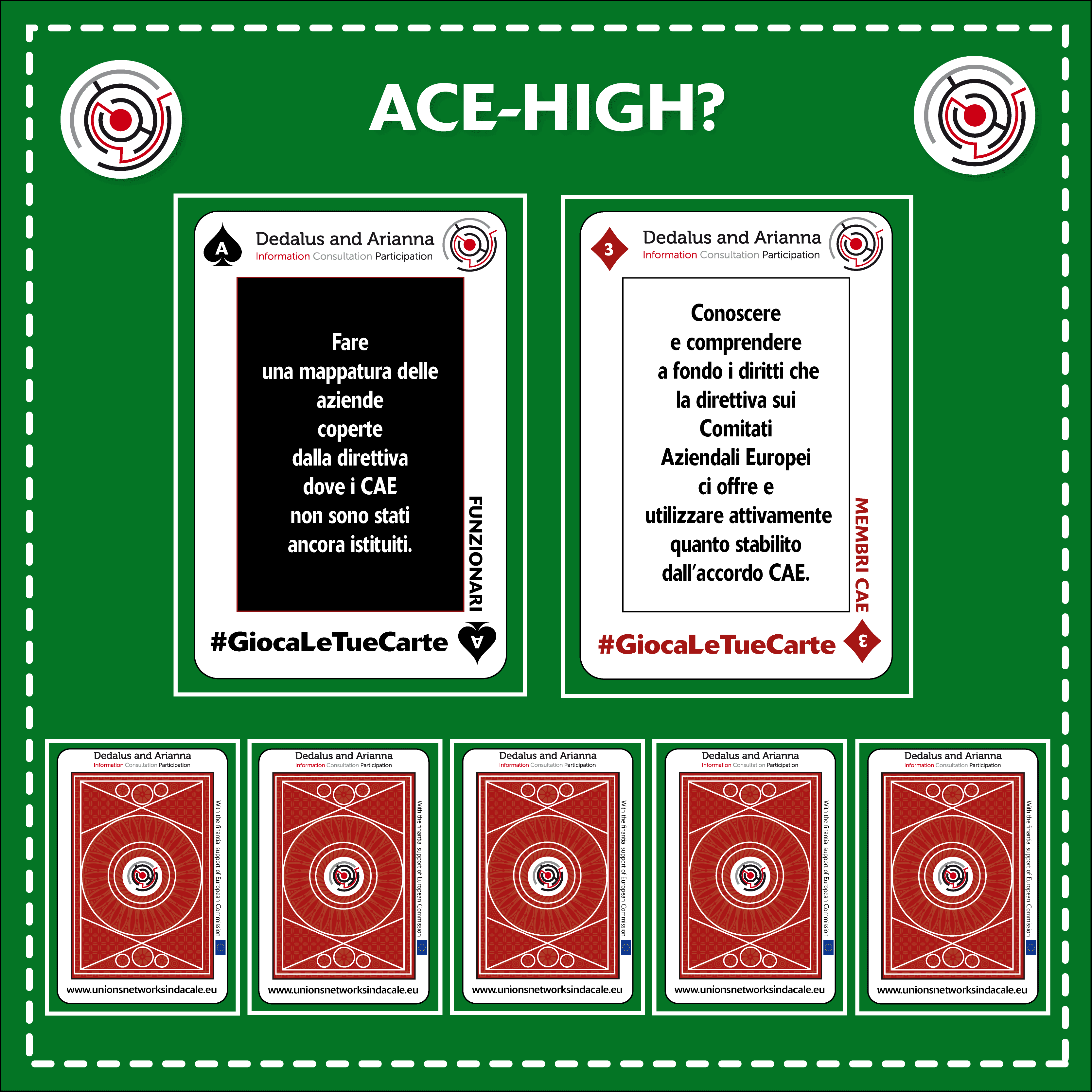

Patrizia Baitieri came into contact with EWCs in 2006, when she started dealing with Gruppo Bolton Alimentari. In 2009, she became coordinator of EFFAT – European Federation of Food, Agriculture and Tourism Trade Unions – of the company’s internal EWC.
We would like to know what, in your opinion, is the potential of an EWC within the industrial relations system?
There is a lot of different and important potential. The EWC is the place where you can be informed beforehand about the details and effects of the decisions that companies are going to make. This could be a great advantage for trade union action structured on several levels. Unfortunately, it’s not always like that. As union officials, we tend to underestimate the role of the EWCs due to lack of training. Or maybe because we are used to focus on the aspect of negotiation. Which, as we all know, is not among the works councils’ functions. We need to revolutionize our way of thinking. In this regard, I believe we made an important step forward when we amended the national agreement for the Food Industry to include the obligation to spread the information provided to EWC delegates within our facilities.
Do you think the time is ripe to grant the EWC negotiation power?
On some general issues, I do. For instance, issues such as safety in the workplace, the increase in welfare policies… However, I don’t think EWCs should be left alone in managing this task. In some way, the EWCs could become what trade union delegates are today, although in the much wider framework of the international scene. I consider them as a means, the most advanced tool in the process of understanding business strategies. They are undoubtedly an essential element for the development of a future European negotiation model.
Could EWCs positively influence second-level negotiation?
Take the case of a multinational corporation that closes one of its plants to move the production where it’s more convenient. Of course, the EWC could be helpful for the local trade union. It could provide information and exert pressure. Actually, I think prior consultation of the EWC should become mandatory, if a decision affects one or more countries in which the company has its offices.
Any suggestions for the future?
As for Bolton, I wish there were more opportunities for workers to exchange views inside the EWC besides the official ones. For example, by taking advantage of the new technologies already in use in companies, such as video conferences. For the moment, Bolton has not given a positive response to this request. In one way or another, we must improve the aspect of information and make it more effective. The elements we are provided with are not necessarily the most helpful ones. Moving on to more general issues, I think it’s now time to face the wage policy. In a context where huge gaps exist between one European country and the next in terms of wages, how can we plan a common line of action and stay united and supportive? This one more reason why we should try to build a network that finds an outpost for a modern trade union action in the EWC.
This project has been funded with support from the European Commission. This publication reflects the views only of the author, and the Commission cannot be held responsible for any use which may be made of the information contained therein.
Downloads
- REPORT FINALE ICARUS (261.1 KiB, 1,772 hits)
 Coorindamento per andare oltre la direttiva
Coorindamento per andare oltre la direttiva
Date: Wed Sep 30 13:31 A cosa servono i CAE
A cosa servono i CAE
Date: Wed Sep 30 13:28 Statistiche sui CAE
Statistiche sui CAE
Date: Wed Sep 30 13:20
-

-

ANTONIO ZAGARI – EWC SUEZ, FIOM CGIL, MILAN
12 September 2016 By Dedalus -

MARIO ONGARO – THE COORDINATOR OF FISAC CGIL INTERNATIONAL DEPARTMENT
12 September 2016 By Dedalus
-

José Manuel López Viñolo, EWC Saica Pack, CCOO de Catalunya
16 February 2016 By Dedalus -

-

Andrea Capelli – Solvay EWC, Filctem Cgil, Milan
12 July 2016 By Dedalus
-

GIULIO REGENI – UNDERSTANDING THE EGYPTIAN DEMOCRATIC WORKERS MOVEMENT
12 September 2016 By Dedalus -

Sonia Cattaneo – EWC Air Liquide, FEMCA CISL Milan
15 February 2016 By Dedalus -

Juan Ramón Amorós, EWC Boehringer-Ingelheim, CCOO
16 February 2016 By CCOO de Catalunya

Sito web a cura del Dipartimento Internazionale di CGIL Lombardia: internazionale@cgil.lombardia.it (Responsabile Fabio Ghelfi).



Leave a reply